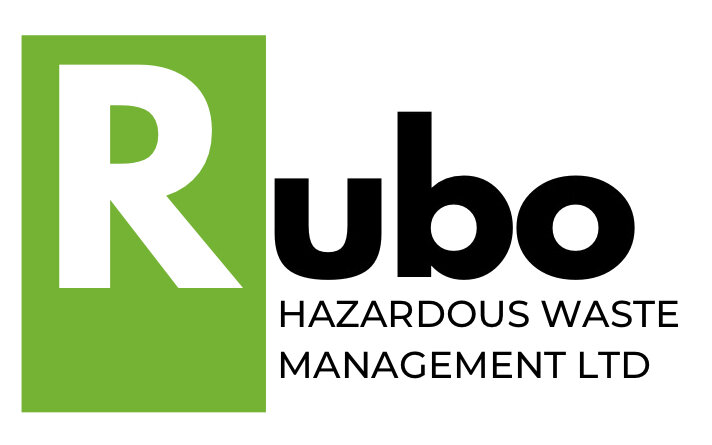Balancing Safety and Responsibility: Hazardous Waste and the Health and Safety at Work Act 1974
In the dynamic landscape of hazardous waste management, the Health and Safety at Work Act 1974 (HSWA) stands tall as a beacon of protection and responsibility. This blog post embarks on a journey to explore the profound relationship between hazardous waste and the HSWA, shedding light on its significance, key provisions, and the symbiotic harmony it brings to the realm of safety and compliance.
Understanding the Health and Safety at Work Act 1974:
HSWA is a cornerstone of legislation designed to ensure the health, safety, and welfare of employees and those affected by workplace activities. This act bestows the power to regulate, oversee, and enforce safety measures that underpin responsible operations across industries.
Key Provisions and Principles of HSWA :
Duty of Care: HSWA places a legal duty on employers to ensure the health, safety, and welfare of employees, providing a safe working environment free from hazards.
Risk Assessment: Employers are mandated to assess and manage risks to health and safety through rigorous risk assessments and subsequent control measures.
Employee Participation: The act promotes employee participation in matters related to health and safety, ensuring a collective approach to maintaining a safe workplace.
Enforcement: HSWA empowers regulatory bodies to enforce compliance, issue improvement notices, and take legal action against non-compliant entities.
Harmonizing Hazardous Waste with HSWA:
Hazardous waste management intersects directly with the ethos of the HSWA. The responsible handling, storage, and disposal of hazardous waste align seamlessly with the act's core principles, ensuring the well-being of employees and the prevention of environmental harm.
Upholding Safety, Compliance, and Ethical Responsibility:
Employee Well-being: By adhering to HSWA and responsible hazardous waste management, businesses protect their workforce from potential hazards and exposure to harmful substances.
Environmental Guardianship: Responsible hazardous waste management minimizes the risk of pollution and contamination, contributing to the preservation of ecosystems.
Legal Adherence: Embracing HSWA principles in hazardous waste management ensures compliance with regulations, mitigating potential liabilities.
Our Commitment to Safety and HSWA 1974:
At Rubo - Hazardous Waste Management Ltd, the pillars of HSWA resonate within our core values. We integrate its principles to create a safer work environment, protect communities, and fulfil our ethical responsibilities.
Upholding Safety and Responsibility:
For businesses seeking guidance on harmonizing hazardous waste management with HSWA 1974, we're here to assist. Contact us for expert insights and tailored solutions that uphold safety, compliance, and ethical responsibility.
